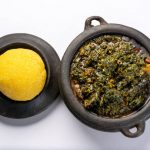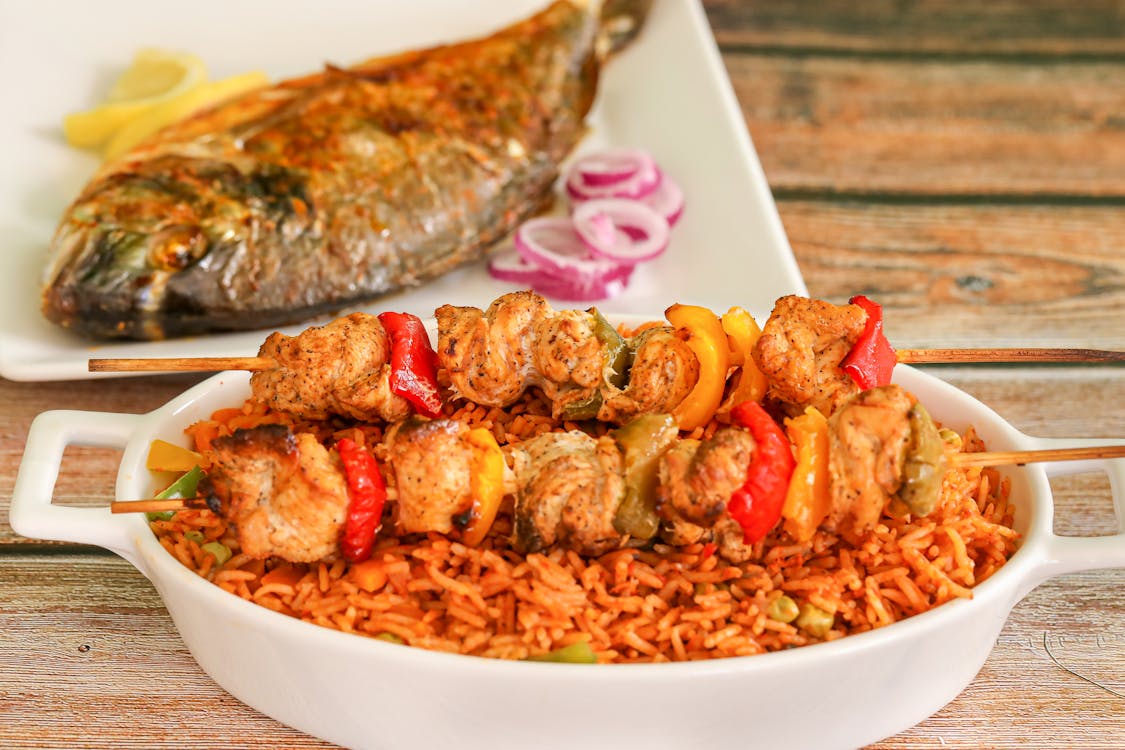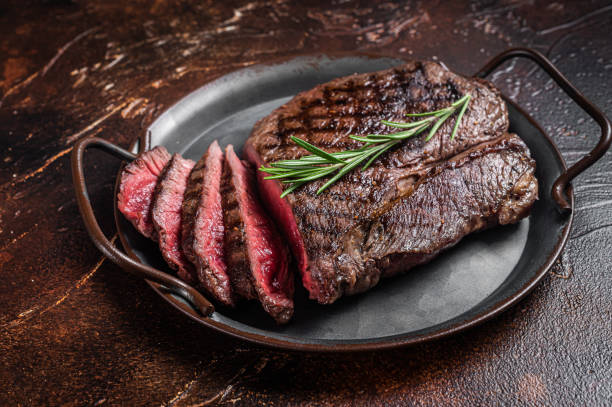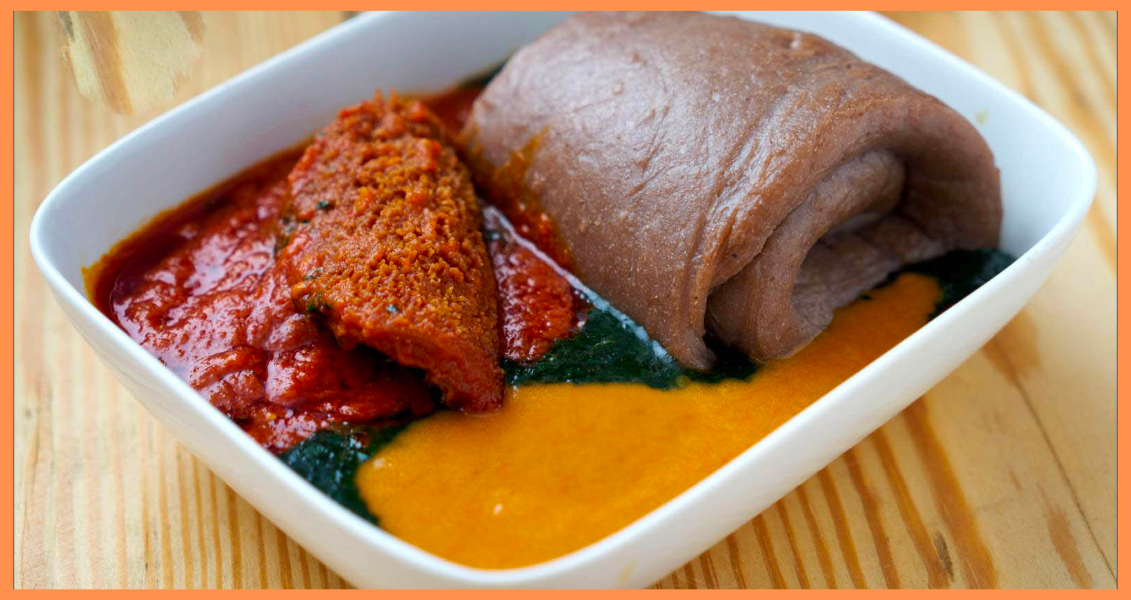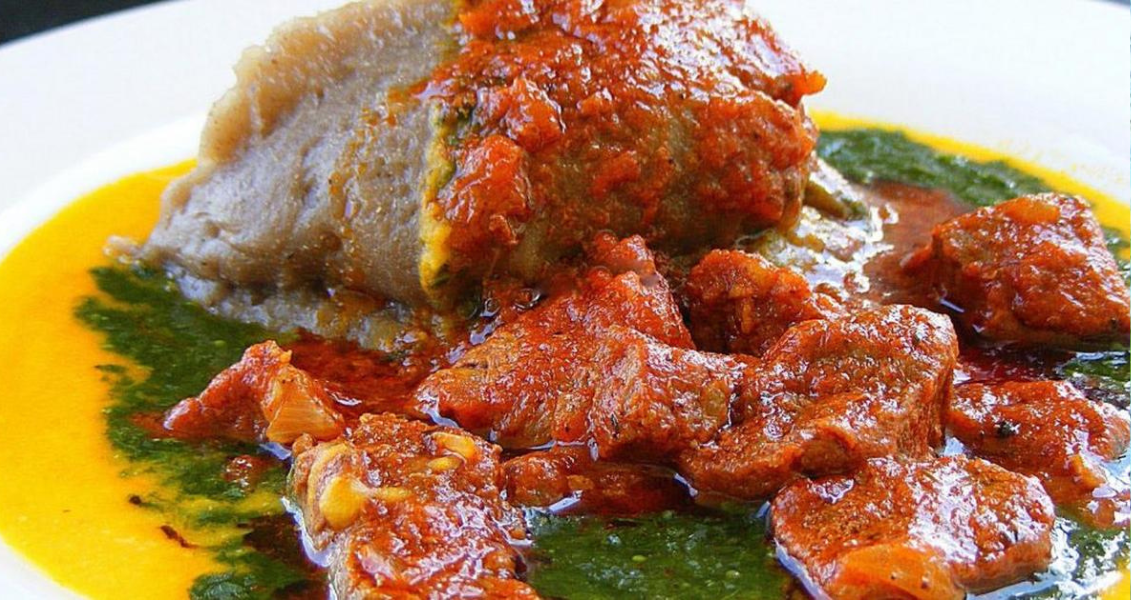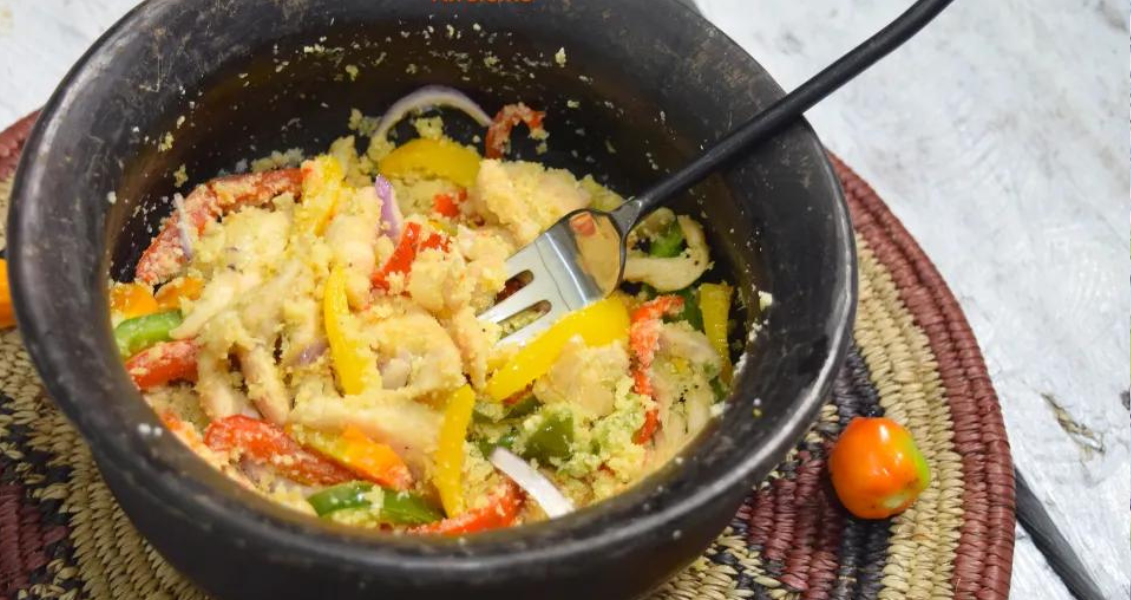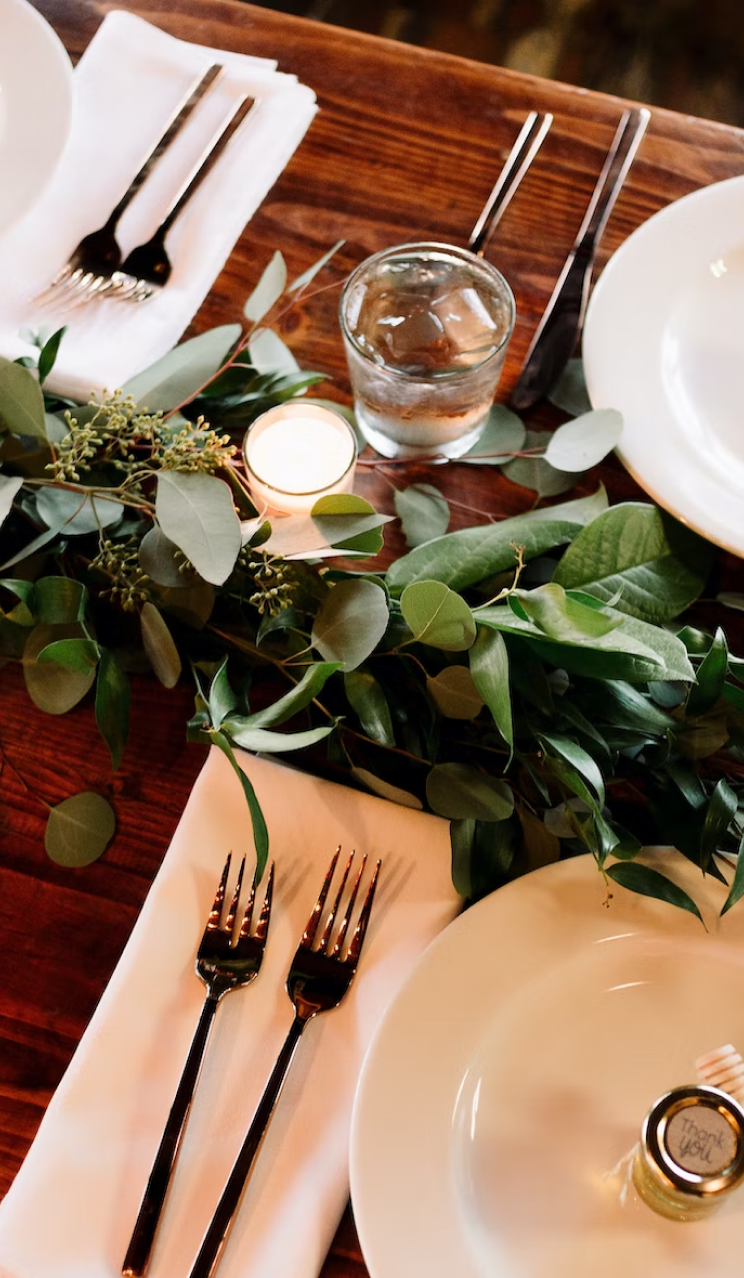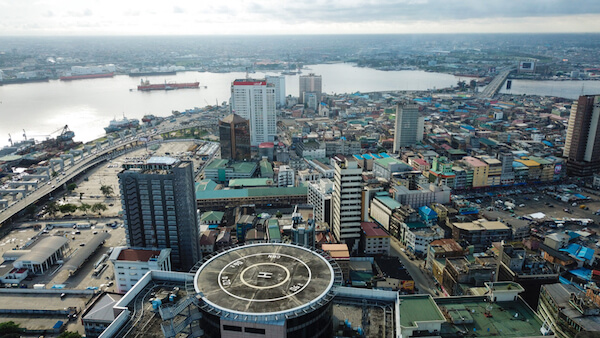
When you think of Nigeria, you think: rich cultural heritage, diverse landscapes, bustling cities, and of course, spicy food. From the effervescent chaos of Lagos to the majestic hills of Jos, Nigerian cities have a lot to offer visitors. With so many options, knowing where to visit, what to eat, and where to get them from can be a little tricky. Listed in descending order, here are the top 10 Nigerian cities with the best cuisine options.
10. Benin

Benin City is renowned for its traditional festivals, including the annual Igue Festival, which celebrates the arrival of the new yam harvest. The presence of the University of Benin provides the city with its fair share of youthful energy, spiralling into the city’s general social texture. Because of the city’s peculiar history with the Yoruba and its geographical proximity to the deep south, the local delicacies are pretty eclectic.
Popular restaurants include Kozaa Fine Dining, famous for its seafood, pasta, and fries once you can get past the number of zeros on the price tag of their meals. At The Quid, noodles and buffalo wings are Sunday specials. They serve other meals but really, it’ll be a disservice to your purse and palette if you don’t try the wings. Craving spicy native food like ofada rice and sauce? Sipanddip Lounge is your best bet. But Mama Ebo Pepper Rice restaurant is a formidable alternative, and here, they serve peppery snails too.
But if you’re in no mood for all these spicy dishes and want to settle for a boring English breakfast, then Awx Cafe has coffee, chocolate cakes, and waffles.
9. Kano
Kano City is a vibrant and culturally rich urban centre located in northern Nigeria. As a first-time visitor, your first prerogative is to avoid being cooked alive by the sweltering Kano sun. If you somehow manage to live through the heat, you’ll immediately notice the warm hospitality and welcoming nature of the locals. The city is known for its bustling markets, where you can find everything from textiles and spices to handcrafted jewellery and pottery.
If you’re not already familiar with the traditional cuisines of the people of Northern Nigeria, you may have some trouble adapting to the popular foods here, including tuwo shinkafa and groundnut soup. But you can also find restaurants where conventional Nigerian meals are served. The biggest attractions in Kano, however, are the many varieties of skewered spiced meat made in the city. You may know about kilishi and suya, but do you know balangu? For about 3x the cost of suya, you can be treated to the chewy goodness of balangu, and you’ll find yourself going back for more until your money finishes.
If you’re interested in booze, you’ll have to put yourself through some inconvenience to get to Sabon Gari, the only part of the city where there’s thriving nightlife and alcohol is allowed. Otherwise, you’re going to get into trouble with the Hisbah Police.
8. Enugu
Enugu is the culinary hub of southeastern Nigeria. For a city that used to be famous for its coal deposits, okpa has risen through the ranks to become the city’s most cherished treasure. Inhabitants of this city, regardless of their political leaning and social status, are united by their collective love for okpa, and by extension, Coke — a combo that has yielded better results than the Neymar/Mbappe partnership. So if you ever find yourself in this red-earthed city and you’re wondering what to start with, look no further than okpa and coke. Where to find okpa in Enugu? Literally everywhere you turn.
Abacha, isi-ewu, ukwa, agbugbu, and nkwobi are also popular meals that can be found in many restaurants across the city. The Dolphin Restaurant is a cozy rooftop restaurant that serves both local and continental cuisines, with a seating arrangement that can accommodate a group of 7 people per table (just in case you’re an odogwu and you have many mouths to feed). Roots Restaurant and Cafe is a fitting alternative to Dolphin Restaurant as they have a very similar menu. If you’re out late and you still feel like getting a relaxing place to eat, visit Octopus, a fine dining restaurant that stays open well past midnight. All of these restaurants have one thing in common: they serve nkwobi in the same deceptively shallow pot.
7. Ibadan
When you hear Ibadan, three things come to mind: Rusted brown roofing, narrow roads, and amala. I don’t know who you are or where you’re coming from, but you must have heard the amala story. The legend is true. Aside from being a city of great significance to the cultural heritage of western Nigeria, Ibadan is home to the best-made amala and abula meals in the country.
In Ibadan, you will be getting around with small Micra cabs because Uber and Bolt are not very accessible. But if you’re coming from a place like Lagos, you’re going to find the living standards in the city quite affordable.
Now, the most famous place in the city other than the University of Ibadan is Amala Skye. You haven’t been to Ibadan if you did not visit Amala Skye. They serve local dishes like pounded yam and efo riro, rice and beans, and even semo and okra. But you don’t want to stand in a queue lining up for semo because you’re better than that. So you have to check out the amala and ewedu, a meal so good the restaurant’s real name, Ose Olorun, was eclipsed by its nickname (Amala Skye). Queuing up behind 7 other people while holding up a ceramic bowl is a small price to pay for this experience.
If you want something more intercontinental, make your way to Tamberma at the upscale Iyaganku for the best Asian food in this part of the world. Tamberma’s Chinese and Indian — especially Indian — menu may be a little limited but the biryanis, butter chicken, and tikka masalas offer explosions of flavours in your mouth while the mojitos make your tongue sing for joy. Oh, and they host a salsa dance every Wednesday evening.
The International Institute of Tropical Agriculture (IITA) Ibadan is one of the most pristine resorts in the country, but it’s also one of the hardest to get in — you may have to book months in advance to secure a room. However, the experience is worth every kobo.
6. Port Harcourt
It may surprise you to know that there’s more to Port Harcourt than beautiful women, bole, and fish. The city is home to great cuisines and replete with great restaurants where you get to enjoy local and continental dining. If you’re interested in trying out local cuisines, you can drop by Native Tray Restaurant and have banga or native soup with any swallow of choice. Native soup typically contains so much seafood, you may even find Nemo in your bowl. If it’s your first time down south, the periwinkle shells may take some getting used to.
If Google reviews are anything to go by, South 66 is reputed for the quality of its burger, wings, and prawns. You can also serenade your taste buds with the creamy waffles at Buns & Batter, and if you want some oriental cuisine, I recommend Asia Town.
If you’re looking for a recreational facility, you may want to check out Pleasure Park. Everyone in the city goes to Pleasure Park, and taking pictures there is a rite of passage in PH.
5. Calabar
Calabar is home to the famous Calabar Carnival and once-famous Obudu Cattle Ranch. But even more than these, the city is home to some of the most popular cuisines in the country. Edikang ikong may have achieved national prominence, and you may have discovered a few restaurants in other parts of the country touting badly made replicas of this soup on their menus. But it’s in Calabar you’ll be introduced to edikang ikong in all of its pristine glory. If you’re someone who has heard all the good stuff about afang and has never tried it before, there are only two states you should reserve your cravings for: Cross River and Akwa Ibom.
At Native Delicacies Restaurant, you’re likely to get the full experience of local cuisines. If you’re rich enough to lodge at the Tinapa resort, you’re in good hands. The Tinapa Lakeside Hotel serves some of the best seafood in the city. If you’re looking for something outside of the city’s local cuisine, you can check in at Wakkis, an Indian restaurant that serves Indian meals like chicken tikka masala, prawn vindaloo, and tandoori chicken. Happy Food is a Chinese restaurant where you can check out Asian food too.
We, however, cannot confirm or refute any information you’ve gathered about Calabar women.
4. Uyo
Other than the delightful road network, one of the most notable — and probably stereotyped — features of Uyo’s culture is its rich culinary tradition, with numerous food markets and restaurants offering mouth-watering local delicacies like afang soup, edikang ikong, and atama soup.
Legend has it that once you wander into Uyo for your Youth Service, you may never want to leave. Food in the city is cheap and accessible, and the best thing about Uyo is that you’ll finally get to eat authentic afang after years of eating horrendous knockoffs in other parts of the country.
Want some of the best local cuisines the city has to offer? Visit Sicilian Lounge, a restaurant that doesn’t serve any Sicilian food. Instead, they serve native Ibibio dishes and are reputed to serve the best ekpang nkukwo in the city. The five-star Ibom Icon Hotel offers some of the best options in terms of continental dishes. At Spring Garden, you can get a rich collection of delicacies like chicken with Chinese sauce, seafood bean curd soup, shredded chicken with vermicelli sheet, peking soup and cream.
3. Jos
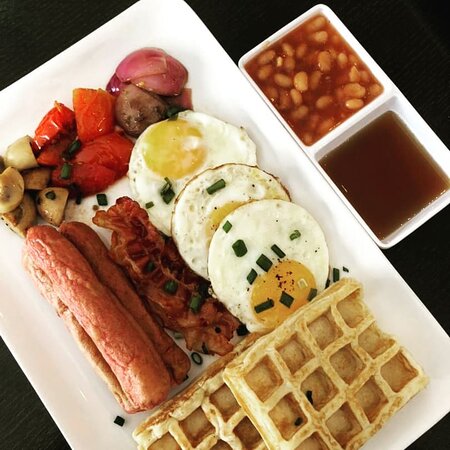
Jos is the coldest city in the country. Its peculiar landscape and vegetation make the city one of the most aesthetically pleasing places in Nigeria, and this is the biggest tourist attraction the city offers.
Unlike most other cities in the north, Jos is a pretty liberal city with an active booze culture. So if you’re a heavy drinker, you’re definitely in the right city. Jos has one of the most active social scenes in the north with an equally bubbly nightlife. It’s no coincidence that the city has groomed some of the biggest Nigerian pop stars of the past decade.
You can get an array of intercontinental dishes at restaurants in the city. Tin City Cafe is an American cafe that serves breakfast specials such as waffles and carrot cakes, while Barcadi Jos, an Italian restaurant, serves the best lamb and cheese in the city. Want some Pizza? Check out the appropriately-named Pizza & Ice-cream Club, while you can get your African cuisine from Claycity Restaurant and Lounge.
If you’re visiting the city in May or June, make sure you don’t forget to pack woolen jackets for the cold and — and the Instagram-worthy shots.
2. Abuja

As a first-time visitor, the quality of the roads and the general organisation of its inhabitants may be jarring, but you’ll settle in soon enough. Abuja is not as culturally diverse as Lagos and the food here is definitely not as cheap, but if you’re open to trying out new things, then you’re in for a treat. Aside from the staple Nigerian meals you’ll find at fast-food joints, the city offers a wide range of local cuisines such as masa, suya, and the famous furaghurt (a portmanteu of “fura” and “yoghurt”.)
Because of the concentration of Southern Nigerians in the city, there are a variety of meals popular in southern Nigeria, especially seafood readily available in southern restaurants such as the popular Niger Delta Restaurant. Rumour has it that there’s no aquatic animal you can’t find in a bowl of okra soup from Niger Delta Restaurant. If you have freeloading friends to feed and would rather prioritise quantity, try Jevinik Restaurant. A bowl of soup at Jevink can feed an entire football team. If at any point, you start to crave abula or any southwestern delicacy, you can join the queue at Iya Oyo Amala.
Abuja is a city for middle-class leisure, therefore there are a plethora of coffee shops and cafes such as Mambaah Cafe and Salamander Cafe, where you can visit to eat pricy croissants and listen to pretentious upper-class house music. The city doesn’t have Lagos’ nightlife but if you’re so inclined, Ademola Adetokunbo crescent is the only part of the city that doesn’t sleep. Best thing about Abuja? Movement around the city is incredibly flexible, thanks to the well-planned road network.
1. Lagos

Naturally, Lagos is number one on the list because, why not? Lagos represents the cesspool of the Nigerian experience. Whether you are interested in art, music, or food, this bustling city has something to offer everyone, and that’s why it’s no surprise that everyone has someone in Lasgidi. The city offers different quirks depending on what you’re looking for. Lagos is heaven for people who are outgoing because it provides an inexhaustible number of fun places to explore. The nightlife here competes with any city on the continent, and if you know your way around, you may even bump into your favourite celebrities while they’re being just human.
But the most fascinating thing about Lagos is its wide range of food options. Depending on your budget, preferences, or even specific cravings, there’s likely a restaurant a stone-throw away from you where you can find your choice meal as the city’s vibrant food culture provides visitors with a range of delicious local delicacies to try, from mouth-watering street food to Vegan restaurants, brunch cafes, bukka-style spots, and fine dining experiences that fuse traditional Nigerian cuisine with international flavours.
Shine your eyes, though. Because you never know who has eyes on your wallet.




